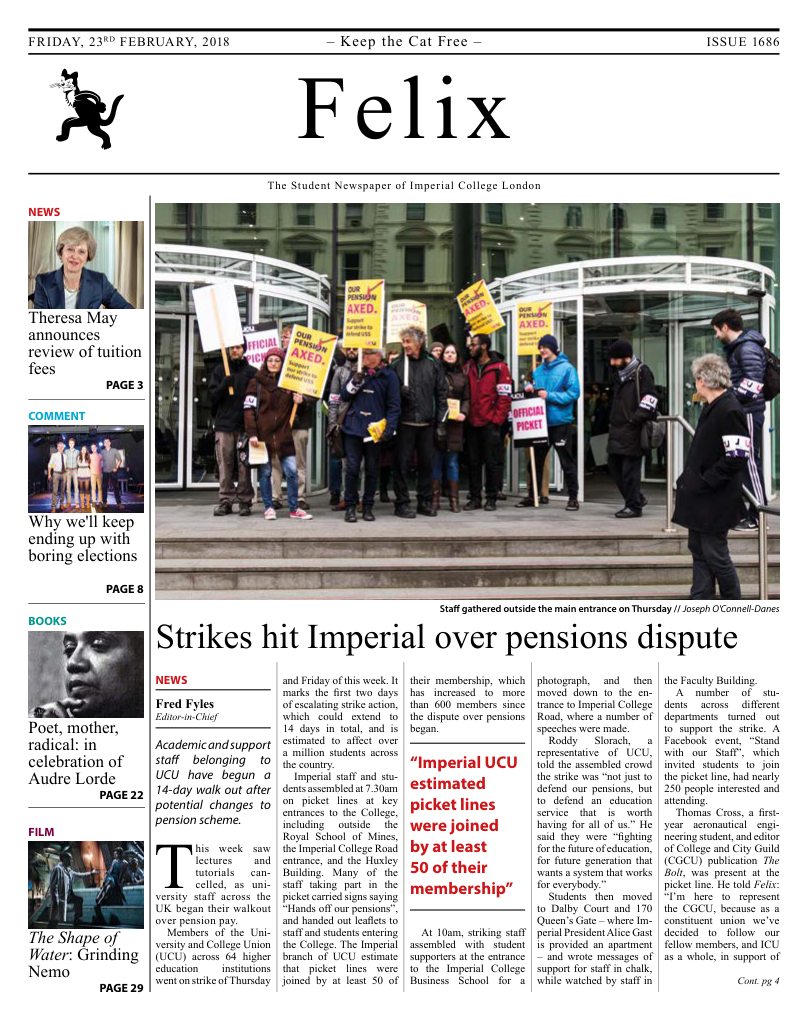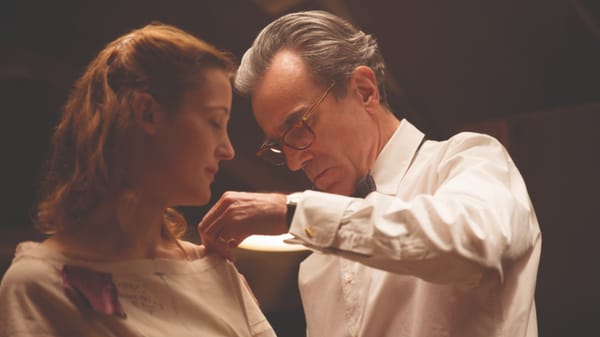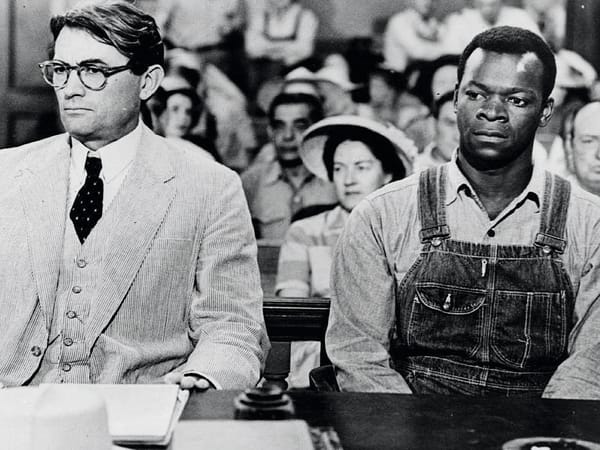Lady Bird: Love and cinema in Sacramento
Greta Gerwig’s debut turn in the director’s chair reveals a phenomenal talent, in this tale exploring the bonds between parents and children.

Don’t you think maybe they are the same thing? Love and attention?”
Christine “Lady Bird” McPherson (Saoirse Ronan) is in her last year of high school, at a catholic institution in the city of Sacramento, California. Her dream, like innumerable other teens across the states of America, is to get as far away from her surroundings as possible; a liberal arts college on the East Coast would offer her just the escape she is seeking.
Taking place across Senior Year in the early 2000s, we see Lady Bird pick up and drop boyfriends, best friends, houses, pastimes, and names, as she tries to figure out her place in the world. What remains constant, however, is her relationship with her mother Marion (Laurie Metcalf) – by turns sweet and confrontational, the relationship between Lady Bird and Marion exemplifies what often occurs between parents and late adolescents, who are itching to leave the family nest.
Gerwig cut her teeth in the world of screenwriting with mumblecore films and collaborations with Noah Baumbach, such as Mistress America and Frances Ha. But while those previous films relied on a breezy, screwball-esque energy associated with their New York settings, in Lady Bird Gerwig has opted for a more naturalistic, relaxed tone; it’s more intimate, more nuanced, and – dare I say it – more enjoyable than her previous work.
It can be difficult, when watching Lady Bird, to remember that this is Gerwig’s first turn alone in the director’s chair. Her direction is calm and assured, and you could easily be watching the work of someone at the height of their creative powers, rather than somebody just starting out on what is hopefully a lengthy directorial career. She handles complex topics with a gentle grace and even-handedness, which belies the emotional power of the film as a whole.
“It can be difficult, when watching Lady Bird, to remember this is Gerwig’s first time alone in the director’s chair”
One of the most impressive aspects of the film is how it deals with the city of Sacramento, where Gerwig was born and brought up. While the setting of Lady Bird certainly impacts on the nature of the film, Gerwig never allows the time or place to overshadow the narrative. References to the early noughties abound in the film, but always indirectly – Gerwig builds up her own image of Sacramento through small details, and the result is a sense of setting that gets deep into the viewer’s bones. Lady Bird shows us how where we grow up never really leaves us, for better or worse, and that an appreciation for our home towns often appears after we’ve left to greener pastures.
What Lady Bird skewers particularly well, in my opinion, is the experience of growing up as a member of the struggling American working class, and the feelings of inferiority such an upbringing generates in Lady Bird when she compares herself to her more well-off classmates. While Lady Bird’s family are by no means living in poverty, the film bombards us with plot elements – shopping in thrift shops, socks at Christmas – that highlight both the momentous impact an East Coast college placement could have on Lady Bird’s finances, and the distances her parents will go to keep the family’s head above water.
It is this knowledge that makes Lady Bird’s rejection of what her upbringing offers that much more impactful. Of course, she is at an age when it is normal to reject what you’re offered by your parents, but what Lady Bird does exceptionally well is to show us the effects such rejection can have. When Lady Bird refers to her house as being ‘on the wrong side of the tracks’, for example, it cuts deep to a mother who never expected to be raising two kids there.
Lady Bird could easily be just another coming-of-age drama, in which the protagonist leaves behind her small-town upbringing for bright lights in the city; but thanks to Gerwig’s brilliant direction and well-crafted script, Lady Bird manages to be much more than that. Gerwig has managed to find the beauty in Sacramento, in the agony of adolescence, in teenage heartbreak, in disappointing sex, in the ingratitude of children, in letting your parents down, in trying to be the best you can be, even if it’s not good enough for others. It’s film-making that requires a lot of attention. And, yes – it feels like love.
5 Stars
Dir: Greta Gerwig. Script: Greta Gerwig. Starring: Saoirse Ronan; Laurie Metcalf; Lucas Hedges; Timotheé Chalamet. 108 minutes










